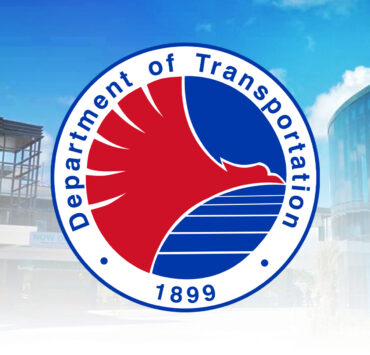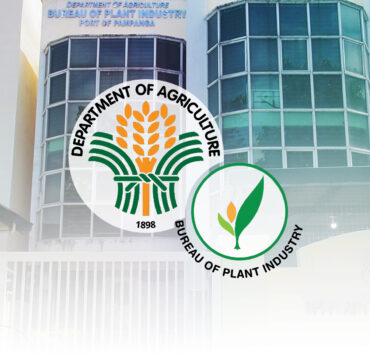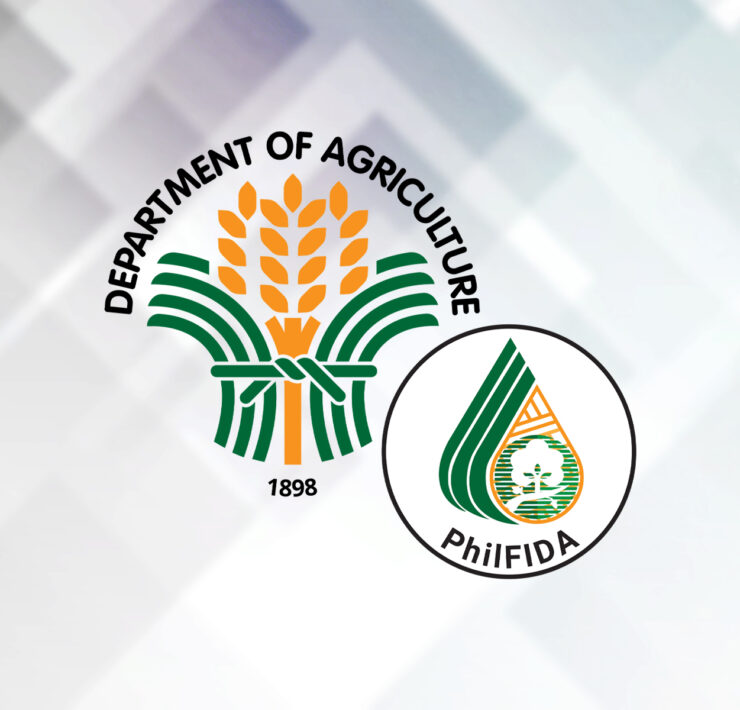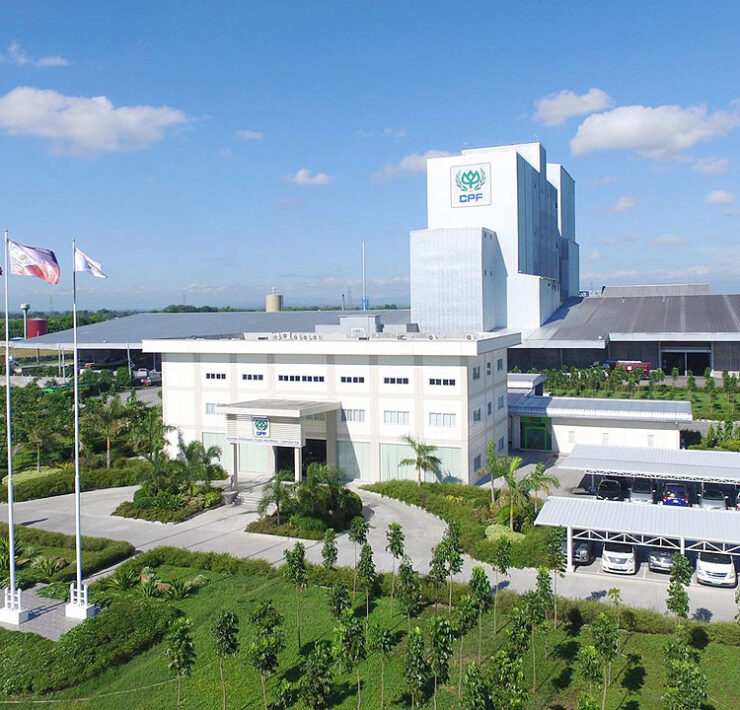Agriculture dep’t lifts ban on poultry imports from the Netherlands
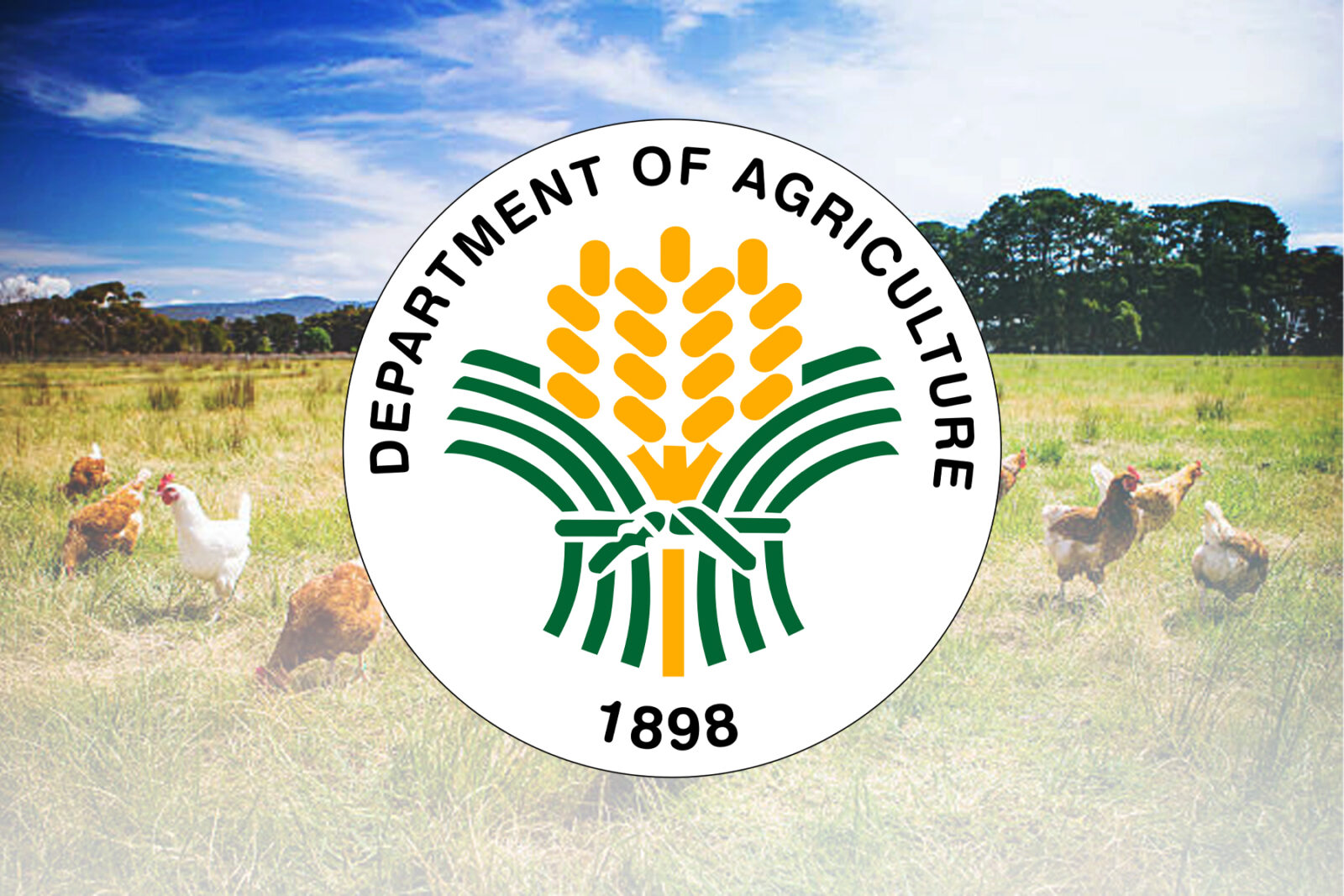
The Department of Agriculture (DA) is again allowing the import of poultry from the Netherlands. The European country is now free of bird flu.
The DA issued Memorandum Order No. 31 dated June 19. It lifts the temporary ban on the importation from the Netherlands of domestic and wild birds, including poultry meat, day-old chicks, eggs and semen.
The lifting of the import ban takes effect immediately and all conflicting directives are considered rescinded.
In the memo, the DA said the risk of contamination from importing poultry from the Netherlands “is negligible.”
The DA issued the order after the Netherlands was declared free from highly pathogenic avian influenza (HPAI).
According to Dutch authorities’ report to the Organisation for Animal Health (WOAH), the reported case of avian influenza had been resolved and no additional outbreaks were recorded after May 16.
The DA imposed the import ban last December as the Netherlands informed the WOAH of an additional outbreak of bird flu. This was in Putten, Gelderland and affected domestic birds.
Before that, the DA also issued separate directives lifting the temporary ban on meat imports from two other European markets.
The DA promulgated Memorandum Order No. 29 on June 9 recalling the restriction on importing foot-and-mouth disease (FMD)-susceptible animals and their products from Germany.
Meanwhile, Memorandum Order No. 30 dated June 30 lifted the ban on sourcing domestic and wild birds and their products from Belgium after the country has been declared free of bird flu.
Commonly known as bird flu, HPAI is a highly contagious viral disease affecting both domestic and wild birds. It causes devastating consequences for the poultry industry, farmer’s livelihoods, international trade and the health of wild birds, according to the WOAH.
On the other hand, FMD is a severe and highly contagious viral disease that causes significant economic impact. The WOAH noted that it deeply affects the production of livestock and disrupts regional and international trade in animals and animal products.
The Netherlands, Germany and Belgium collectively account for 8.4 percent of the 473.46 million kg of meat imported to the Philippines as of April. This is according to data from the Bureau of Animal Industry.













